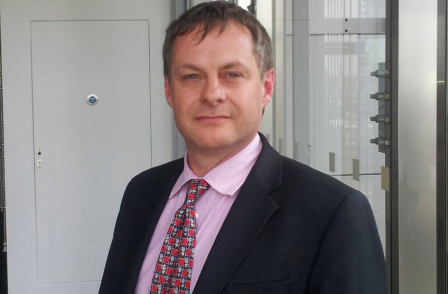
Anger over tabloid coverage of Love Island host Caroline Flack prior to her suicide is being used by a state-backed press regulation body to push for media reform.
David Wolfe, chairman of the Press Recognition Panel, said “urgent action is needed to ensure people who are wronged get access to justice”.
His comments follow the death of Flack, 40, last month which led to calls for new laws to protect celebrities.
One petition, which gained more than 850,000 signatures, called for the creation of “Caroline’s Law” that would make it a crime for the media “to knowingly and relentlessly bully a person… up to the point that they take their own life”, in an offence akin to corporate manslaughter.
Wolfe also pointed to legal action being brought against tabloid newspapers by Prince Harry and England cricketer Ben Stokes.
“It seems the press has not learned from the past and urgent action is needed to ensure people who are wronged get access to justice,” he said.
“Currently only the rich can afford to take legal action against the press. Ordinary people do not have means to seek redress through the courts and are helpless to fight back.
“Following the death of Caroline Flack, the public are calling for changes to press regulation – their anger must be listened to.”
The PRP was set up in 2014 with state funding of £3m in the wake of the Leveson Inquiry as part of the Royal Charter-backed system of press regulation.
Its role is to decide whether a press regulator meets the terms of the Royal Charter thereby giving members significant protections from libel and privacy actions under currently dormant provisions of the Crime and Courts Act 2013.
Only Impress is recognised by the charter, but all major news and magazine publishers are members of the Independent Press Standards Organisation, which has said it has no plans to apply for recognition.
In a new report, the PRP outlined its concerns that the ethics and behaviour of the press that lead to the Leveson Inquiry “have not gone away”.
It criticised the Government’s failure to enact Section 40 of the Crime and Courts Act 2013, which would mean publishers have to pay both sides’ legal costs whether they win or lose at court.
Section 40 was met with widespread condemnation by the industry, which warned it could result in local newspaper closures.
Said Wolfe: “Enacting Section 40 would protect the public interest and uphold the freedom of the press.”
The PRP also raised concerns about the recent appointment of Lord Faulks as chairman of the Independent Press Standards Organisation, who was a Tory peer until last year and is a former Justice Minister.
Said Wolfe: “A key conclusion of the Leveson process was that politicians should not have any involvement in press regulation. Independence and transparency are central to an effective system of regulation.”
Lord Faulks took over from Sir Alan Moses at the start of the year.
“The PRP could not and would not make such an appointment to its own Board, and a truly independent regulatory body as contemplated by Lord Leveson should not allow it either,” said Wolfe.
Email pged@pressgazette.co.uk to point out mistakes, provide story tips or send in a letter for publication on our "Letters Page" blog
